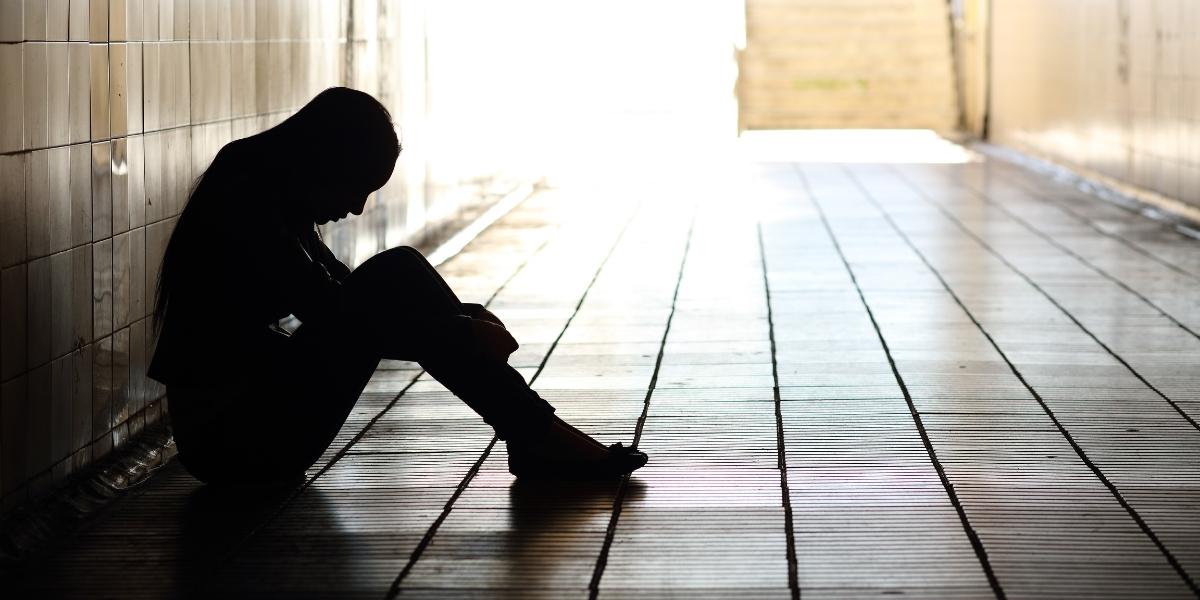Coping With the Stigma of Addiction
Addiction Is a Disease


Medical Writer:
Reviewer:

Johnny Kim
Executive Psychotherapist
Medical Writer:
Reviewer:

Johnny Kim
Executive Psychotherapist
The stigma around drug addiction and mental illness is one of the most common and harmful outlooks faced by people struggling with addiction. Stigma can follow people in recovery from drug and alcohol addiction and add extra difficulties. Many people with substance use disorders claim that coping with the stigma of addiction can be as damaging as the disease itself.
Stigma affects every aspect of life, from receiving medical care, the criminal justice system, personal relationships, and seeking addiction treatment. Reducing stigma starts by learning about it and the ways to challenge it.
Table of Contents
Toggle
Stigma Meaning
Stigma refers to negative views and beliefs about a group of people who are struggling with addiction. Stigma often develops from incorrect information and assumptions perpetuated by culture, media, family, and social groups. Many people believe that addiction is a character flaw or a moral failing, despite the proven fact that it is a complex disease that can affect anyone.
What Are the Three Types of Stigmas?
Experts refer to what they call “the stigma complex” to describe ways that stigma interconnects between individuals, society, and institutions that translate into actions, laws, and behaviors and negatively impact individuals with substance use disorders. There are three main types of stigmas.
Structural Stigma
Structural stigma, sometimes called the institutionalized stigma, involves institutions and systems that impact daily life, such as employment, housing, medical care, and the legal system. People with addiction may face housing discrimination, custody battles, legal restrictions on their rights or harsher sentencing, and sub-par medical care or discrimination. Even for people in recovery, their past addiction struggles can be used against them by people with stigmas.
Public Stigma
Public stigma refers to the general public and how they interact with people with substance use disorders. Media portrayals surrounding addictive behaviors and drug abuse contribute to this stigma, which translates into actual life, attitudes, and actions.
Public stigma can leverage structural stigma to isolate and harm people struggling with addiction. Some neighborhoods cut public funding for outreach programs or pass laws banning harm reduction sites or addiction treatment centers from being built. Interactions with first responders, law enforcement, neighbors, and even family members can be tainted with stigma and be isolating and dehumanizing.
Self Stigma
Self-stigma is internalized negative beliefs someone has about themselves, often contributed to by the outside stigmas and struggles they’ve faced. Self-stigma can take a toll on mental health and lead to shame, anxiety, isolation, and self-medicating with their drug of choice, furthering the addiction spiral. Studies have shown self-stigma to be one of the leading causes of delayed treatment or not seeking treatment at all.
The Stigma of Addiction
Stigma surrounds addiction in ways that many people don’t realize unless they have personally struggled with addiction or watched a loved one be discriminated against because of the stigma of addiction. In reality, stigma is everywhere, costing an untold number of lives yearly.
One in fourteen adults in the United States has a substance use disorder; that’s almost 22 million people. However, each year only 2.5 million people will enter addiction treatment programs.
Studies have revealed that many people avoided treatment because they feared how other people would perceive them. Others avoided seeking emergency medical care because of past interactions where they felt judged and embarrassed.
First responders and bystanders have admitted to hesitating to treat certain drug overdoses because of stigma and fear. Health care workers have acknowledged their stigmas affect how they interact with patients who have a history of substance abuse or appear to be under the influence of alcohol or drugs.
The result of addiction stigma is a societal problem too. People with untreated substance use disorders face higher rates of homelessness, incarceration, violence, and suicide.

How Does Stigma Affect Mental Health?
Stigma is devastating to mental health. Almost half of the people struggling with addiction also suffer from co-occurring mental health issues, which stigma compounds.
Stigmatized people struggle with isolation and very little support, which makes reaching out difficult. Many internalize negative feelings and feel like they are a failure or deserve to struggle and suffer. These thoughts sometimes become overwhelming and lead to self-medicating, relapses, self-harm, and destructive behaviors.
According to the Centers for Disease Control and Prevention (CDC), suicide is the tenth leading cause of death for adults in the United States. However, because of stigma, many suicides go unreported or are marked as accidental; this includes drug overdose deaths.
How to Combat Stigma
The National Institute on Drug Abuse (NIDA) stresses the importance of education about addiction and treating people with dignity and compassion, especially in health care settings and media portrayals. Educating people about the realities of addiction and recovery, changing the language used to talk about it, and broader access to harm reduction and treatment are all steps that can spur changes and reduce stigmas. Societal change is possible but happens slowly with time and targeted efforts.
On a personal level, one of the best ways to combat stigma is to talk about addiction and recovery openly and honestly. Whether you are an addict or you love someone who is, putting a human and relatable face to abstract ideas can help break down barriers and harmful beliefs. Listening with empathy and offering to support people helps with reducing stigmas and isolation. Calling out and correcting stigmas during personal interactions can help change minds and educate people.
If you are suffering from self-stigma, being kind to yourself and reaching out to your support network is vital. Recovery is a process that takes maintenance and self-care. Attending meetings or support groups and finding a sense of community and purpose can break the cycle of negative thoughts and stigmas.

Let’s End the Stigma
White Oak Recovery Center challenges addiction stigma using evidence-based therapy programs and customized treatment plans to provide every resident with effective, comprehensive drug and alcohol rehabilitation.
At White Oak Recovery Center, we aim to heal the core of your addiction, transform your life, and foster a meaningful and lasting recovery. Our residential treatment program educates, empowers, and equips you with the skills and strategies to successfully address the stigmas you will face throughout your recovery.
WORC is here to help end the stigma that surrounds substance abuse and help you start a new life rooted in recovery. Reach out to us today.

Am I covered for addiction treatment?
Your insurance may cover treatment. Call now for an entirely free and confidential assessment. Recovery starts with a phone call.

- Volkow, Nora. “Addressing the Stigma That Surrounds Addiction.” National Institute on Drug Abuse, April 2020.
- “Stigma Reduction.” The Centers for Disease Control and Prevention, Feb. 2022.
- “Understanding Stigma of Mental and Substance Use Disorders.” National Library of Medicine, Aug. 2016.
- Earnshaw, Valerie A. “Stigma and Substance Use Disorders: A Clinical, Research, and Advocacy Agenda.” National Library of Medicine, Dec. 2020
- “Words Matter—Terms to Use and Avoid When Talking About Addiction.” National Institute on Drug Abuse, Nov. 2021.
- Stringer, Kristi L., and Baker, Elizabeth H. “Stigma as a Barrier to Substance Abuse Treatment Among Those With Unmet Need: An Analysis of Parenthood and Marital Status.” National Library of Medicine, Jan. 2018
- Kuleza, Larimer, and Rao, Deepa. “Substance Use Related Stigma: What We Know and the Way Forward.” National Library of Medicine, May 2013.
- Luoma, Jason B, et al. “Self-Stigma in Substance Abuse: Development of a New Measure.” National Library of Medicine, Oct. 2012.
Medical Disclaimer:







